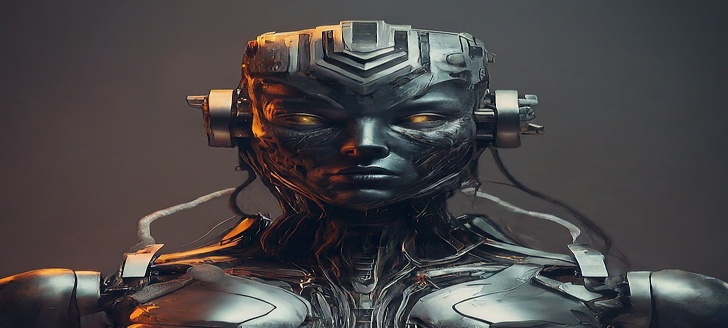NVIDIA: Pioneering the Future of Robotics

From gaming graphics to AI supercomputing, NVIDIA has consistently pushed technological boundaries. Their latest venture into robotics marks a pivotal moment. By offering a comprehensive suite of tools and platforms, NVIDIA is accelerating the development of humanoid robots, promising to reshape industries and daily life.
From Automation to Autonomy: The Robotics Revolution
Robotics has evolved from static machines to intelligent, adaptable systems. The integration of AI has propelled this transformation, enabling robots to move beyond programmed tasks and into realms of problem-solving and decision-making. Today, we stand at the cusp of a new era where robots are poised to become indispensable partners in various industries and aspects of daily life.
Empowering Developers with NVIDIA's Robotics Suite
NVIDIA's Robotics Suite provides a comprehensive toolkit for developers to build intelligent and capable robots.
- Advanced Perception: Leveraging AI, the suite enables robots to accurately perceive and understand their environment, from object recognition to depth perception.
- Realistic Simulation: The Isaac Sim platform offers a virtual environment for training and testing robots, reducing development time and costs.
- Hardware Optimization: NVIDIA's Jetson platform provides the computational power needed for real-world deployment, ensuring optimal performance and efficiency.
- Developer-Friendly Tools: A range of software tools and libraries simplifies the development process, accelerating time-to-market for robotic applications.
- Interoperability: The suite integrates seamlessly with other systems and platforms, fostering collaboration and innovation within the robotics community.
A New Era of Human-Robot Collaboration
The convergence of robotics and AI is ushering in a future where humans and machines work seamlessly together. NVIDIA's Robotics Suite is at the forefront of this revolution, providing the tools to create humanoid robots capable of performing complex tasks and interacting naturally with their environment.
From healthcare to manufacturing, the potential applications are vast. These advanced robots could become indispensable partners, augmenting human capabilities and improving efficiency in countless industries. As we move forward, it's essential to address the ethical implications of humanoid robots, ensuring their development and deployment align with human values and societal well-being.
Navigating the Ethical Landscape
The rapid advancement of humanoid robotics necessitates a parallel evolution in ethical frameworks. As these machines become increasingly integrated into society, questions of privacy, safety, and accountability will demand careful consideration. Striking a balance between technological progress and ethical responsibility is crucial to ensure that the development and deployment of humanoid robots align with human values.
Moreover, the potential impact of humanoid robots on the job market and economic structures cannot be ignored. It is imperative to develop strategies for mitigating job displacement and retraining workers for emerging roles. By proactively addressing these challenges, we can harness the full potential of humanoid robotics while minimizing its negative consequences.

